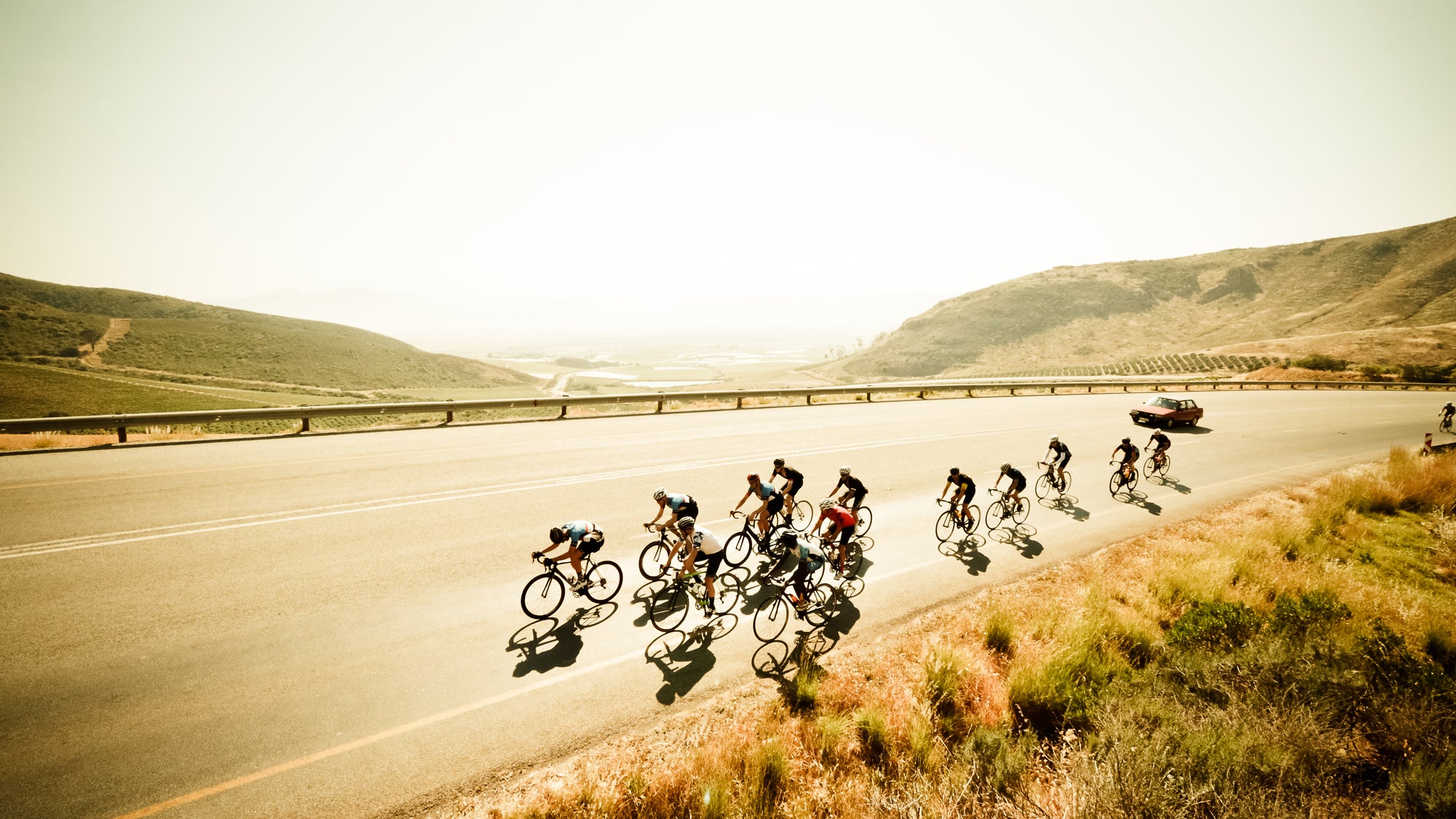Study: Cyclists and Triathletes Are Wired Differently

To an outsider, there isn’t much difference between road cyclists and triathletes. After all, they both ride bikes – that basically makes them the same, right? But if you identify as one of those camps, that statement probably raises your hackles a bit: How dare you? After all, triathletes and cyclists have long given each other good-natured grief on everything, from aero bars to climbing abilities and even sock choice (or lack thereof).
But an interesting new study says this may be more than simple athletic tribalism – cyclists and triathletes really are wired differently. The study, published in the journal Frontiers in Psychology, compared the psychological profiles of cyclists and triathletes, only to discover significant differences between the two groups.
Utilizing a measurement tool known as the Psychological Characteristics Related to Sport Performance, professional and amateur athletes alike were ranked on their responses to 55 statements related to their mindset in sport, such as “When I fail, it’s hard to me to refocus on what I have to pay attention to,” or “My motivation depends on receiving recognition from others.” Each of these statements correspond with certain subscales of personality: stress control, influence of performance evaluation, motivation, and mental skills.
Interestingly, triathletes scored significantly higher than cyclists on all four subscales. What’s more, results were consistent for men and women in each sport as well as amateur or professional distinction, providing a strong case for the link between personality and sport.
But are triathletes and cyclists drawn to their sport because of their personality, or is one’s personality shaped by the sport? That’s the chicken-and-egg question that lead study author Aurelio Olmedilla can’t answer yet.
“These results surprise me relatively,” says Olmedilla, who conducts personality research at the Universidad de Murcia in Spain. “Perhaps aspects of the team or individual sport are affecting the way athletes face the competitive demands psychologically. Does the fact that triathlon is an individual sport mean that the athlete has to adapt and improve their psychological disposition?”
Olmedilla’s hypothesis is that because road cycling is more of a team sport than triathlon, with more defined tactical aspects and sometimes even a team manager calling the shots, cyclists flex a different set of mental muscles that align with a distinct personality. Triathletes, on the other hand, are individual competitors, and handle the demands of training and racing as such. But this may come at a cost – Olmedilla cites several studies that have found certain personality subsets aligned with triathletes are also risk factors for sport injuries. After all, saying a triathlete has a score for motivation can also be a fancy way of saying they’re “really, really stubborn.”
Olmedilla is interested in investigating the personality of endurance athletes further. In the meantime, this most recent research allows us to better understand and predict short-term behaviors as well as long-term success within sport. “It’s a very interesting field of knowledge that is now currently yielding very important results,” says Olmedilla. “Knowing the profile and psychological disposition of an athlete allows us to determine weak points and strengths, which helps us to increase sport performance and the psychological well-being of the athlete.”
The study also provides some more interesting fodder for the triathlete vs. roadie debate – because even though they may never see eye-to-eye on socks versus sockless, they can always agree that smack talk is a good time.